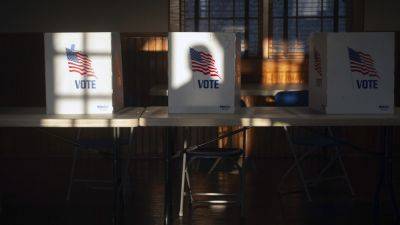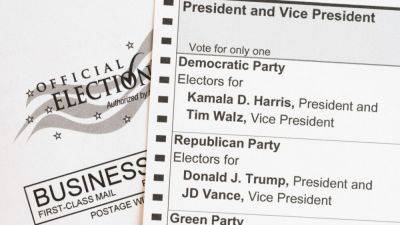What You Should Do If You're Told You Have Dense Breasts After Your Mammogram
Breast cancer is a scary reality for many women and a fear for many more. While certain risk factors ― such as having a family history of the disease or the BRCA1 gene mutation ― are well-known, others fly dangerously under the radar.
One risk factor that affects nearly half of women in the United States is having dense breasts, which you may not know you have until you get your first mammogram.
Until now, health care providers were not mandated to share breast density information with their patients. Instead, guidance varied from state to state. But as part of a Food and Drug Administration-approved update to the Mammography Quality Standards Act, healthcare providers must now inform patients of their breast density and explicitly state the risks that come with dense breast tissue.
There are two main reasons why breast tissue density is important, Dr. Kimberly Feigin, interim chief of the Breast Imaging Service at Memorial Sloan Kettering Cancer Center in New York, told HuffPost via email.
“The first reason is that women with dense breasts have a higher risk of developing breast cancer than women with non-dense breasts,” she said.
“The second reason is that screening mammography is less sensitive for detecting breast cancer in dense breasts. This is because breast cancer, which typically looks white on a mammogram, can be ‘masked’ (hidden or obscured) on a mammogram by dense breast tissue, which also looks white on a mammogram,” Feigin added.
Breast density is not something you can change; it’s just your anatomy. Additionally, you won’t know you have dense breasts until a screening is performed and a medical professional tells you.
“It is not something that you can feel or know or detect on your own,” said Dr. Arif







